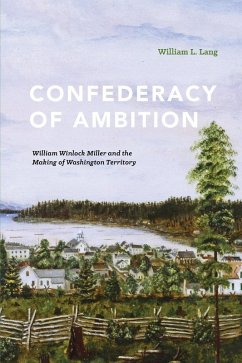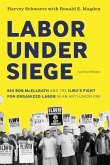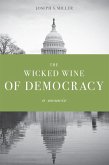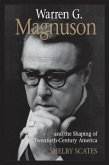The promise of opportunity drew twenty-seven-year-old Illinois schoolteacher William Winlock Miller west to the future Washington Territory in 1850. Like so many other Oregon Trail emigrants Miller arrived cash-poor and ambitious, but unlike most he fulfilled his grandest ambitions. By the time of his death in 1876, Miller had amassed one of the largest private fortunes in the territory and had used it creatively in developing the region's assets, leaving a significant mark on the territory's political and economic history.
Appointed Surveyor of Customs at the newly created Port of Nisqually in 1851, Miller was the first federal official north of the Columbia River. Two years later he helped organize the new territory's Democratic Party and quickly became a political and financial confidant of governor Isaac Stevens. His involvement in the Indian conflict in 185556, a term in the territorial legislature, and his bankrolling of key politicians made him the territory's most effective political networker. His role as a hip-pocket banker in a region without established banks made him a powerful financial broker and a major player in territorial affairs.
But in his pursuit of success Miller compromised another ambition he carried west from Illinois. He postponed marriage and family until only a few years before his death and agonized about relationships with his family in Illinois. His experience reminds us that the pioneer settlement era was a period of social dislocation and that public economic and political success could mask personal disappointment.
Lang's biography takes readers into the heart of Washington territorial politics, where alliances often hinged more on mutual economic interest than political principles and nearly all agreed that government should encourage ambitious and energetic men. In this world, Lang argues, Miller succeeded because he parlayed his talents in camaraderie politics and sharp-pencil business affairs with an unabashed mining of governmental opportunities. William Lang's account of William Winlock Miller and the first quarter century of Washington's history offers a new view of the pioneer era, emphasizing that the West was developed in large measure by men like Miller who manipulated government and its resources to their own and the region's advantage.
Appointed Surveyor of Customs at the newly created Port of Nisqually in 1851, Miller was the first federal official north of the Columbia River. Two years later he helped organize the new territory's Democratic Party and quickly became a political and financial confidant of governor Isaac Stevens. His involvement in the Indian conflict in 185556, a term in the territorial legislature, and his bankrolling of key politicians made him the territory's most effective political networker. His role as a hip-pocket banker in a region without established banks made him a powerful financial broker and a major player in territorial affairs.
But in his pursuit of success Miller compromised another ambition he carried west from Illinois. He postponed marriage and family until only a few years before his death and agonized about relationships with his family in Illinois. His experience reminds us that the pioneer settlement era was a period of social dislocation and that public economic and political success could mask personal disappointment.
Lang's biography takes readers into the heart of Washington territorial politics, where alliances often hinged more on mutual economic interest than political principles and nearly all agreed that government should encourage ambitious and energetic men. In this world, Lang argues, Miller succeeded because he parlayed his talents in camaraderie politics and sharp-pencil business affairs with an unabashed mining of governmental opportunities. William Lang's account of William Winlock Miller and the first quarter century of Washington's history offers a new view of the pioneer era, emphasizing that the West was developed in large measure by men like Miller who manipulated government and its resources to their own and the region's advantage.
Dieser Download kann aus rechtlichen Gründen nur mit Rechnungsadresse in A, D ausgeliefert werden.









